Nearly every classic enthusiast of a certain age will recall at least one die-cast model that provided an early inspiration for their motoring. Here is an openly subjective Top Ten of some of my own favourites:
10) Spot On – Ford Zodiac Mk. II

The Ford Zodiac Mk. II was a vehicle associated with Hollywood style and glamour on a Pinewood scale, and for a die-cast interpretation to be fitted with working lamps in 1961 was (almost) as remarkable as reports of the first man in space. Tri-ang’s Spot On range of 1/42 scale cars ran from 1959 to 1967 and although they struggled in a market then dominated by Corgi and Dinky – their prices were comparatively high – any surviving example is now much sought after today.
9) Corgi – Chrysler Ghia L64
The chances of any purchaser of the Corgi Chrysler Ghia L64 ever encountering a full-sized example in the metal were remote but that was never the point. Here was a die-cast model with every conceivable refinement as standard – opening doors, boot, and bonnet, tipping front seats, spring suspension and – my favourite detail of all – a plastic corgi dog on the rear parcel shelf. Even if you had to save your pocket money for three months, and cut down on Sherbet Dab consumption, ownership of the Ghia would have been worth the sacrifice.
8) Dinky – The Prisoner Mini Moke
Corgi was a pioneer in the UK of the film/TV tribute but Dinky had their own range, including this replica of the Village Taxi from The Prisoner. Together with the Lotus Seven, the Moke is the car most associated with the series, and Dinky certainly produced a fine model of the sinister/jolly cars on screen, down to the Surrey Top. It was definitely worth every penny of 8/9d but it does rather beg the question of how many juvenile customers were viewing Patrick McGoohan’s dystopian nightmare.
7) Dinky – Ed Straker’s Car
UFO is the Gerry Anderson series fondly remembered for its use of what looked like Bacofoil in the costume design, its central character of Commander Straker – played by the New York actor Ed Bishop in a very unflattering blond wig – and his incredible staff car. This was created by Alan Mann Racing on the floor-plan of a Ford Zephyr Mk. IV, with a Cortina 1600 engine, and it looked truly ‘futuristic’, even if the automatic gull-wing doors were operated by out of shot stagehands. Naturally Dinky obtained a licence to create their own, exceptionally beguiling version which was powered by a clockwork motor.
6) Corgi – The Professionals Ford Capri Mk. III
The success of The Professionals is said to have extended the lifespan of the Ford Capri, and for the countless fans of the show who were too young to hold a licence, this was the ideal tribute to their favourite programme. The Capri came complete with plastic models of Cowley, Bodie and Doyle. A toy that is fondly remembered by generations of enthusiasts, even if one cannot help thinking that Corgi missed an opportunity to create a CI5 box set including a battered FD-Series Vauxhall; the frequent transport of this week’s wrongdoers.
5) Dinky – Range Rover
In my (biased) view, one of the best Dinky models of the 1970s, and not just because it celebrated one of the genuinely iconic vehicles of the decade. The die-cast Range Rover looked good, be in civilian, police, fire chief or ambulance forms, it was based on a highly prestigious car but – most importantly of all for many a customer – the detailing was exquisite, from the bejeweled headlamps to the multi-opening panels. In short, it was a product of quality – a key issue regardless of whether your car of choice is to 1/43 scale.
4) Corgi – Lincoln Continental with Lehman-Peterson Coachwork
Your average Briton circa 1967 was more likely to have encountered a Dalek hitchhiking on the A27 to Emsworth than seeing the Lincoln in the very substantial metal. But the die-cast Continental’s raison d’être was to inspire, from the paint finish to the battery powered ‘colour television set’ for the occupants of the rear seat, operated by four film strips. And if that sounds quaint to some younger readers, bear in mind that fifty years ago, only BBC2 were broadcasting in the full spectrum.
3) Dinky – Ford Escort Mk. I
In addition to the various spin-offs from The Saint, The Avengers, Thunderbirds and The Spy Who Loved Me, there was that bedrock of scale cars that represented maternal or paternal transport. The Dinky Escort is a prime example of such a toy – well executed, fully equipped and, crucially, not based on the Twin-Cam, Mexico or GT. The template is instead the L or XL badged version that was much a part of everyday life as the Unigate milk float and Tomorrow’s World reports about how a computer the size of a shed would revolutionise our lives. And this scale model brilliantly captures that now remote world.
2) Corgi – Aston Martin DB5 with modifications from Q
For over 50 years, Corgi No. 261 has been known as the ‘007 DB5’. Launched in 1965, some months after the release of Goldfinger, but in time to coincide with Thunderball, which also had a guest appearance from the Aston Martin. The paint finish on the early version was gold – Corgi’s initial attempts at silver resulted in a zinc-like finish – and 9/11d was a vast sum to many juvenile would-be motorists, but there was the real possibility that it would be the major Christmas present under the tree. The new owner was even issued with ‘secret instructions’ that should never be allowed to fall into the hands of SMERSH. And then there was the ejector seat…
1) Corgi – Ford Consul Cortina Super ‘Woody’ Estate ‘Golfer’ Set
Everyone has their own conception of the perfect die-cast model and this one is mine – Corgi No. 440, aka the Ford Consul Cortina Super ‘Woody’ golfer set. Firstly, it is a magnificent reproduction of the original Cortina Estate and, far more importantly, the plastic golfer (and caddie!) perfectly encapsulates the image of the full-sized Dagenham product. In the 1960s there were those who regarded the ‘wood’ trim as mere Di-Noc vinyl, but in the mind of the owner he was the Cary Grant of Southampton or Fareham, en route to an afternoon of sport with the local dignitaries. The reality may have been a drive in the rain to the local station goods yard but the dream was all – and that is the case for virtually every great car, be it full sized or 1/42 and 1/43 scale.

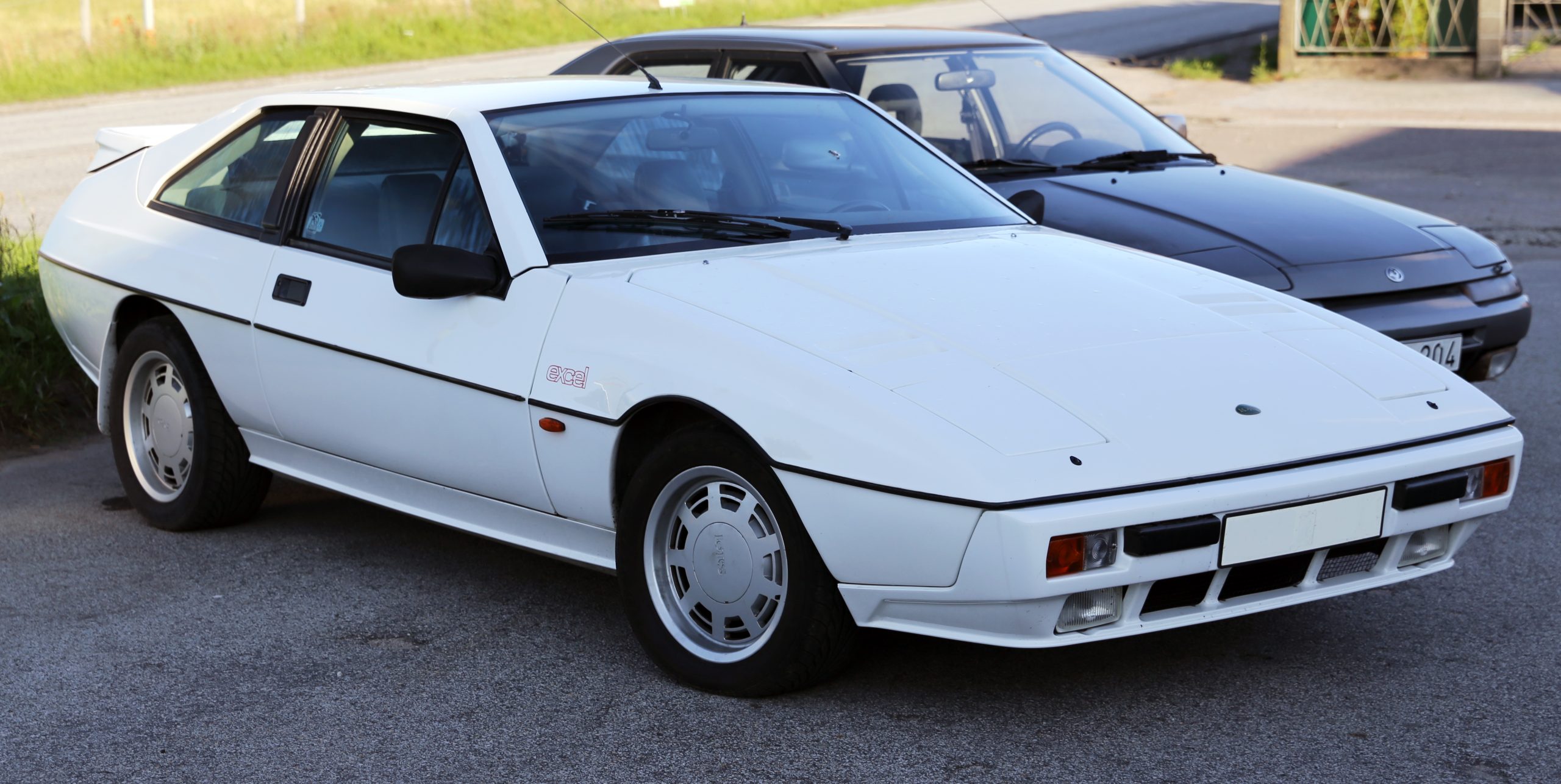
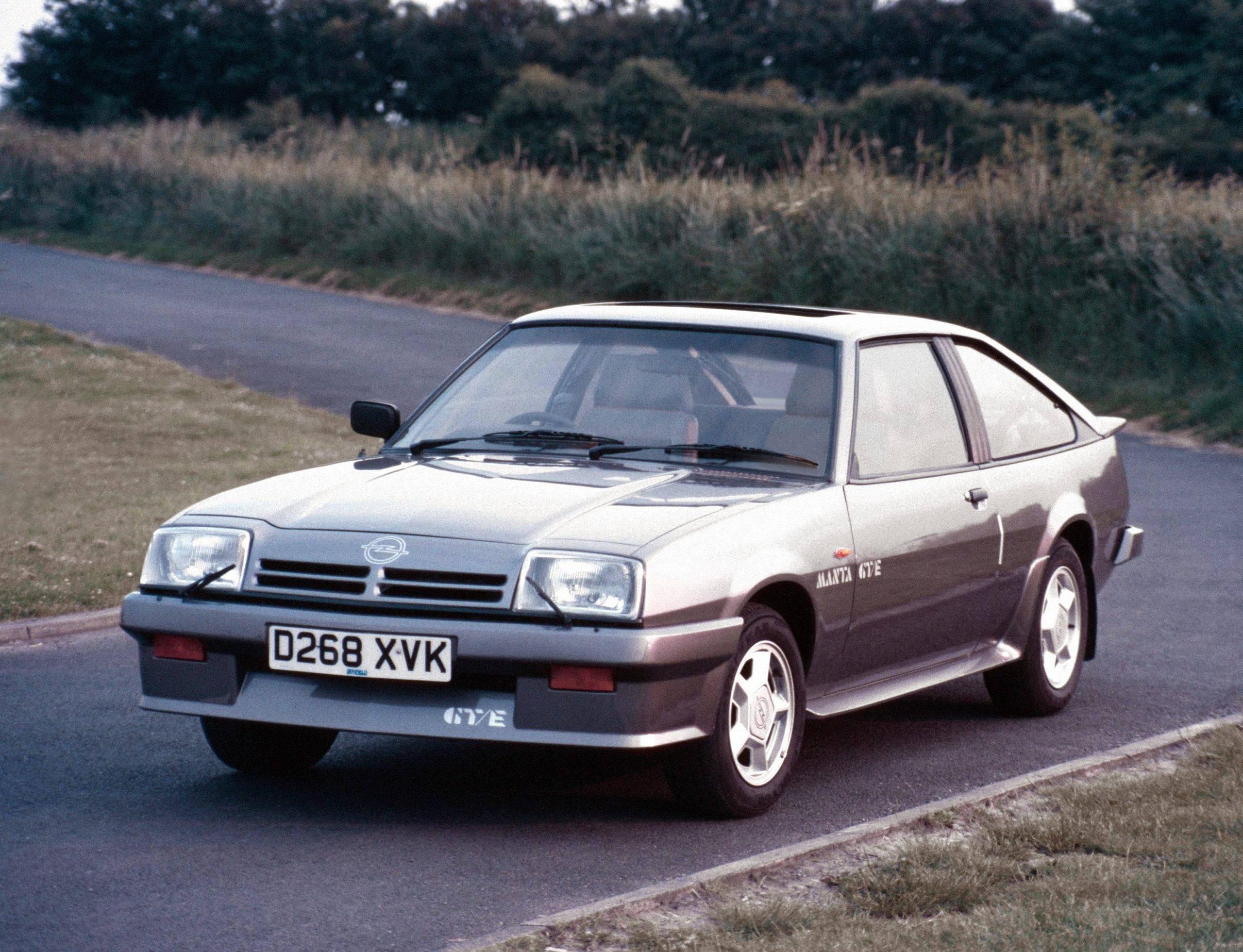

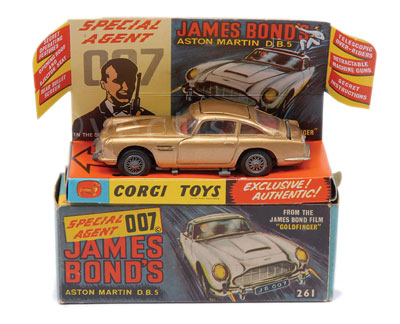
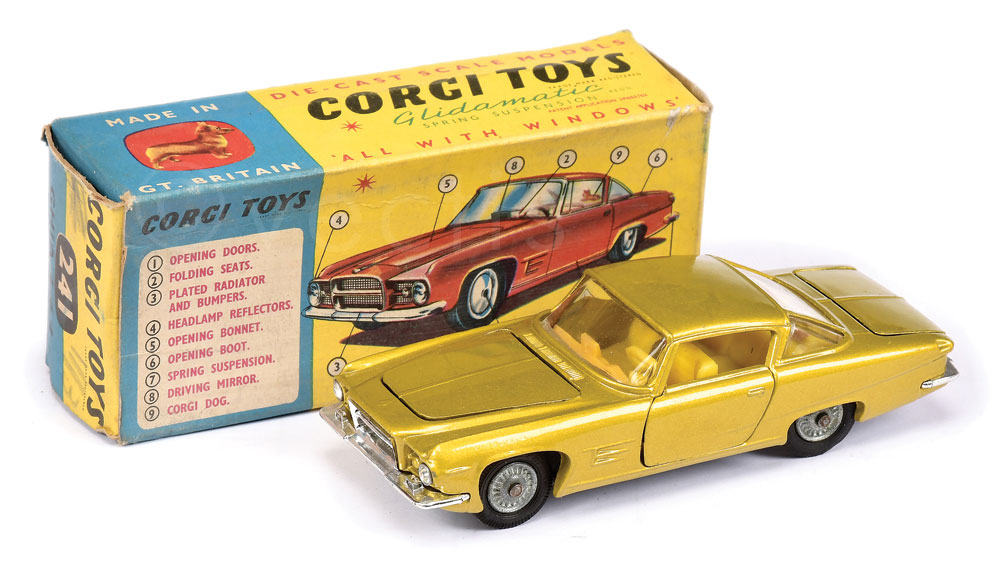
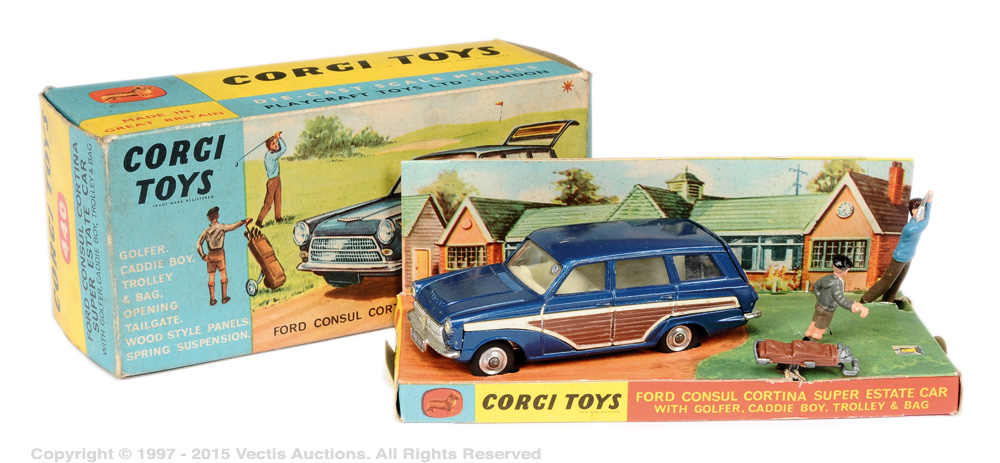
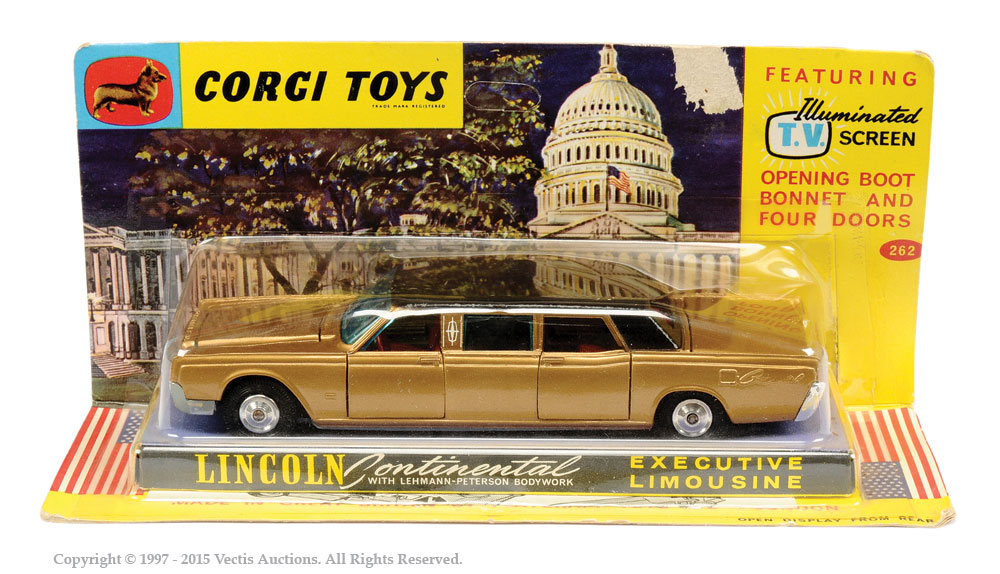
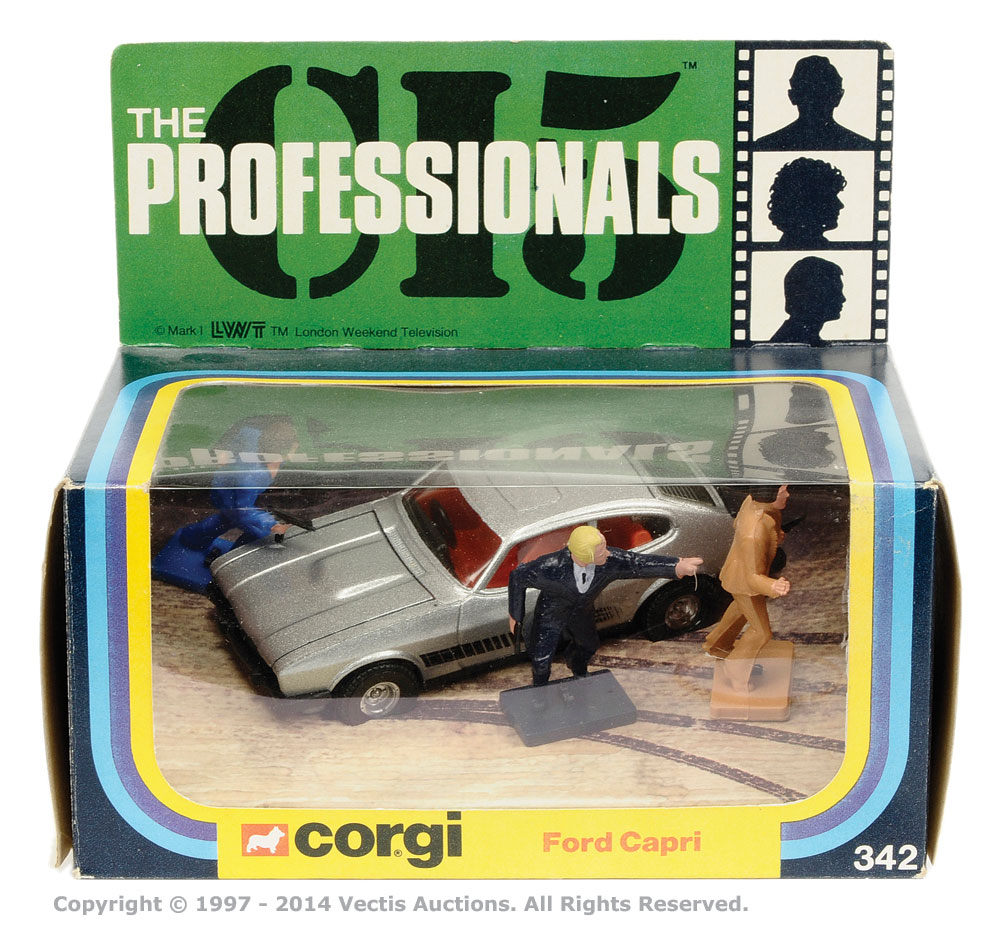

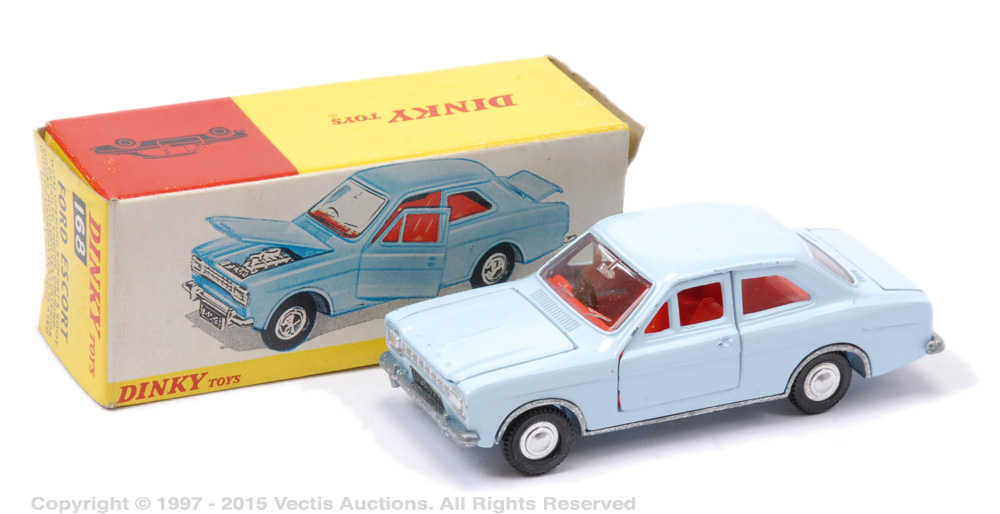
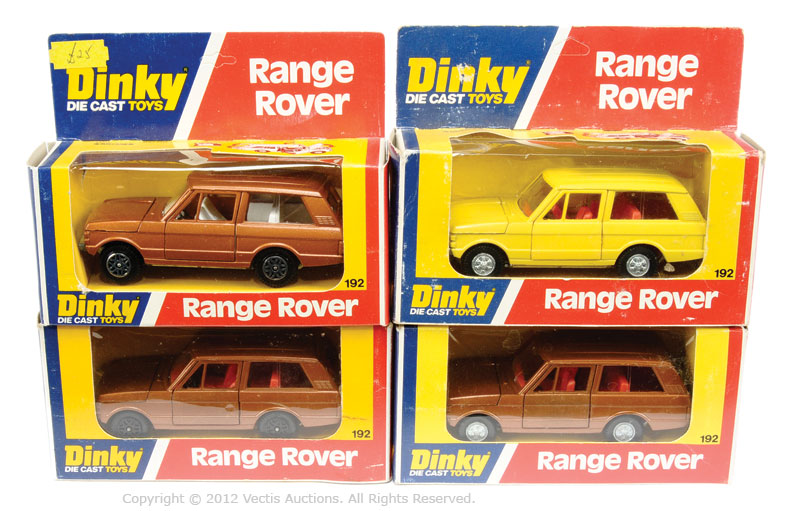
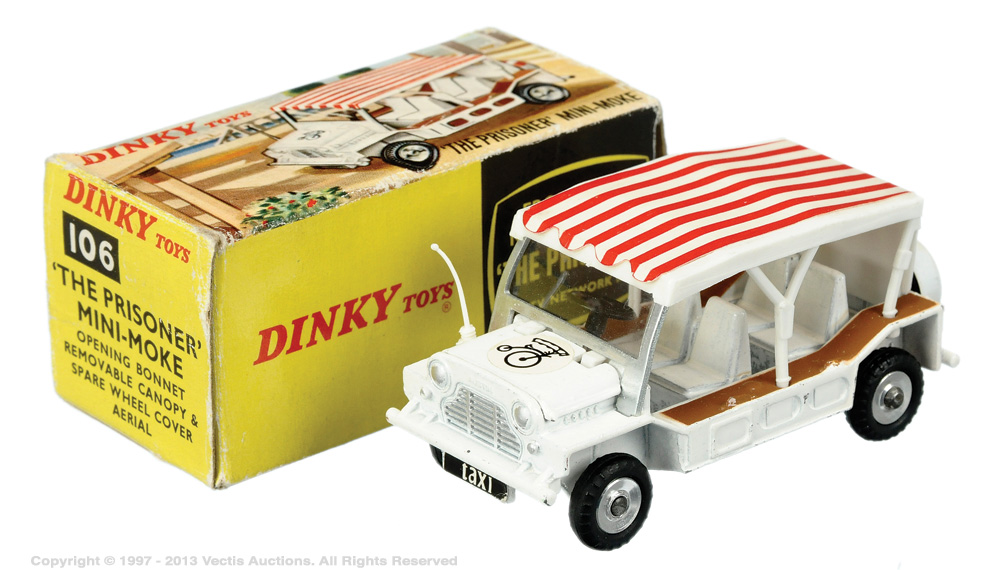

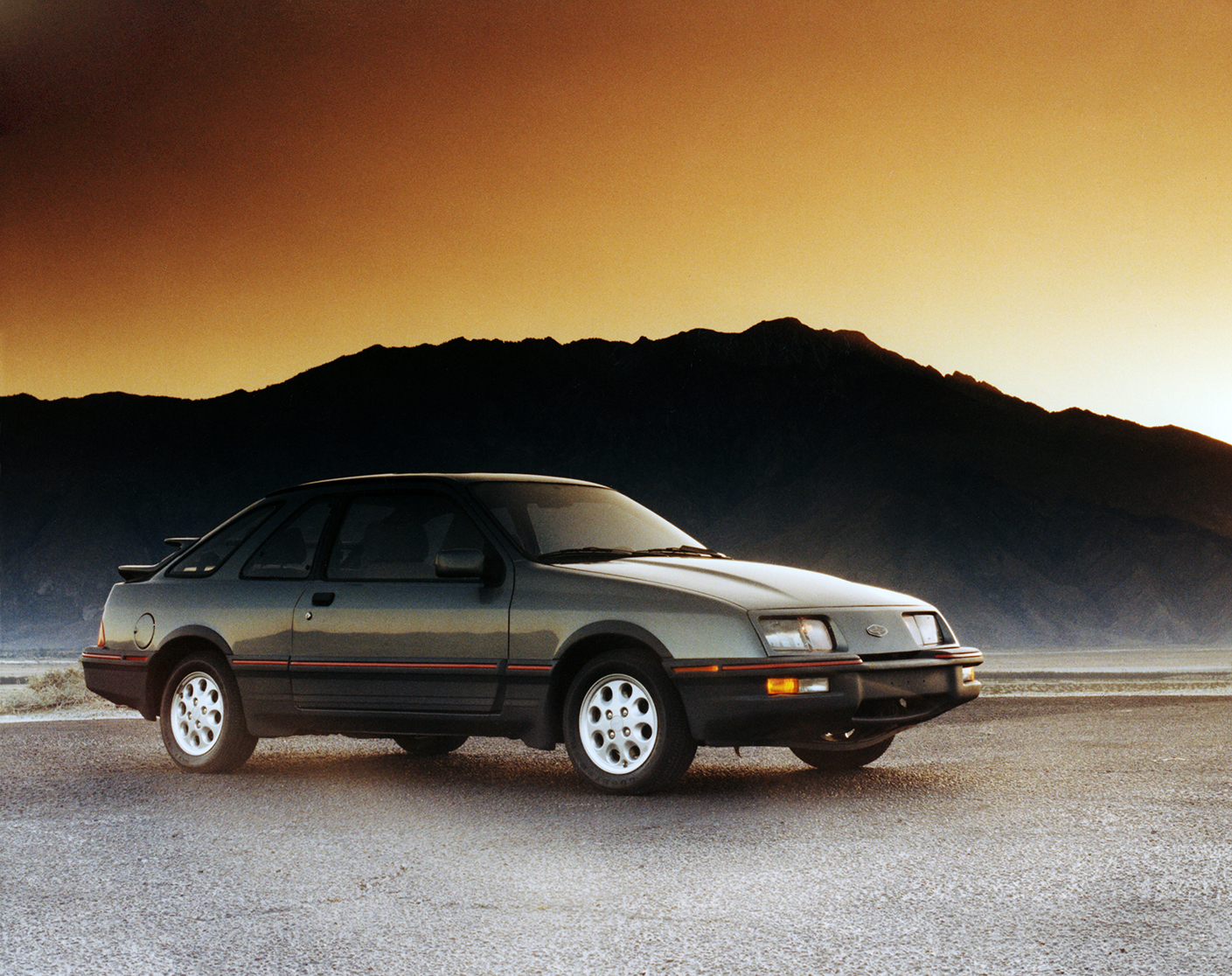
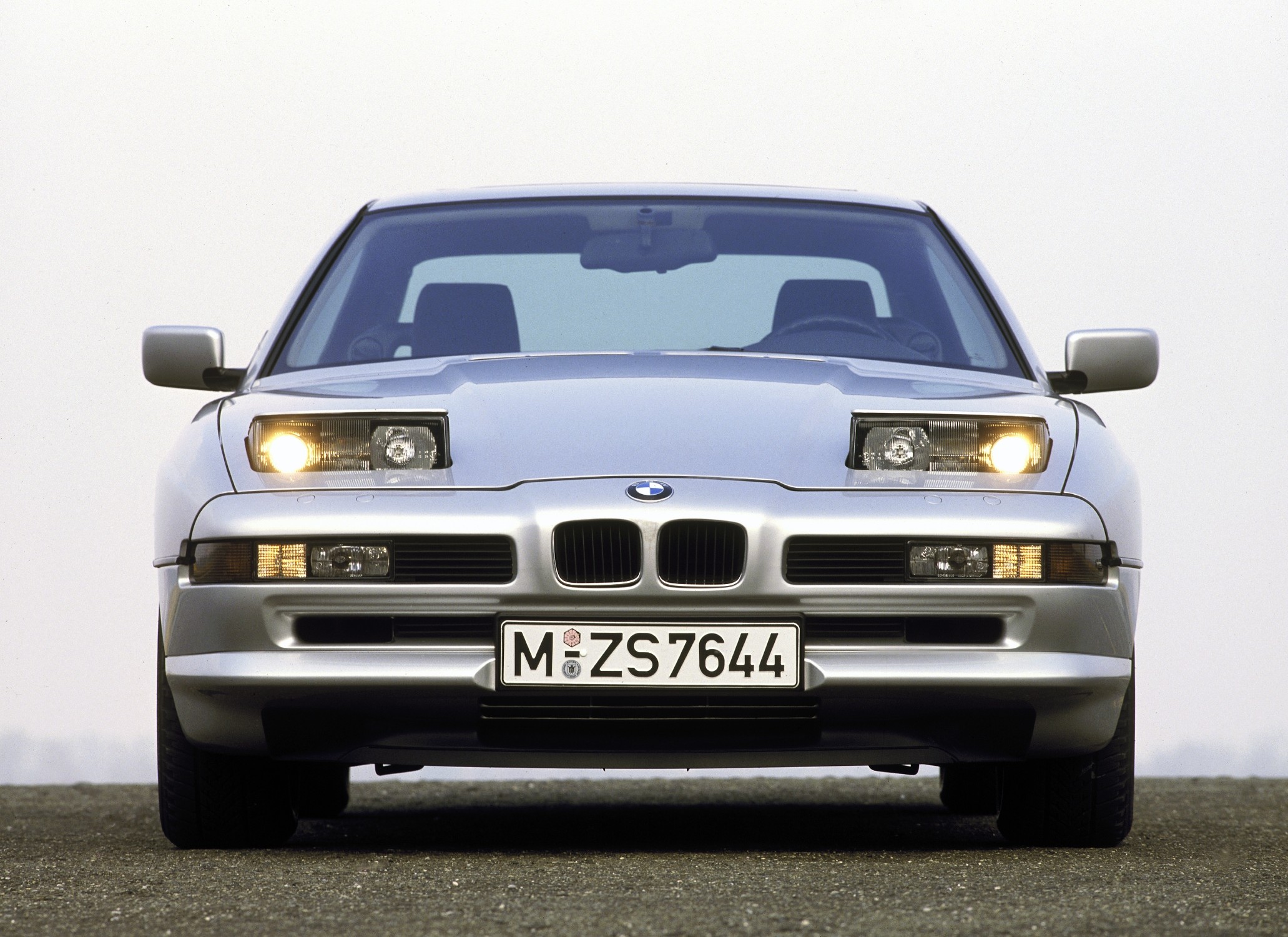
“And then there was the ejector seat…” Ah yes. I was a junior school teacher at the time the James Bond DB5 was in the shops. The kids weren’t allowed to play with them during lessons, of course… but could they resist? At regular intervals during the day I’d hear the familiar ‘ping’ of the little baddie being ejected out of the roof of the car under the desk… and then the inevitable whispered mutterings of “Where did he go?” “Can you see him?” “He’s over your side.” I imagine that any model that still has its little baddie must be worth its weight in Gold(finger.)